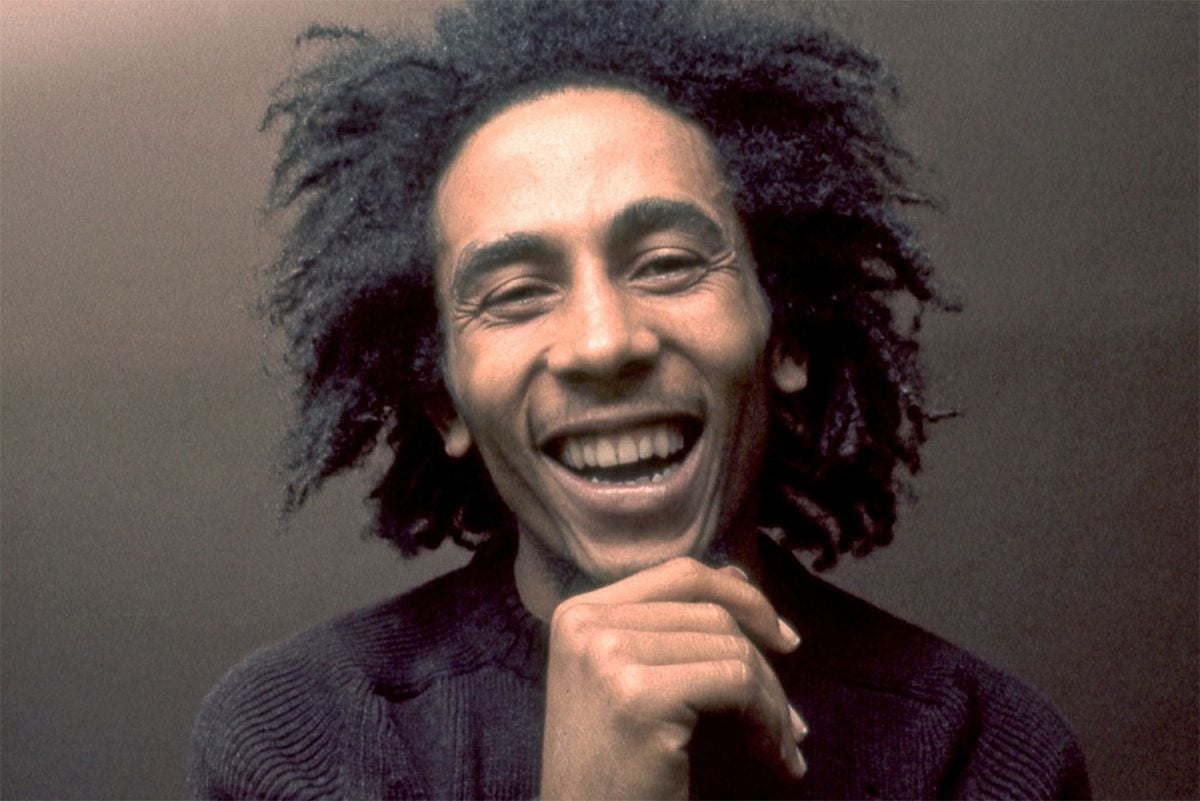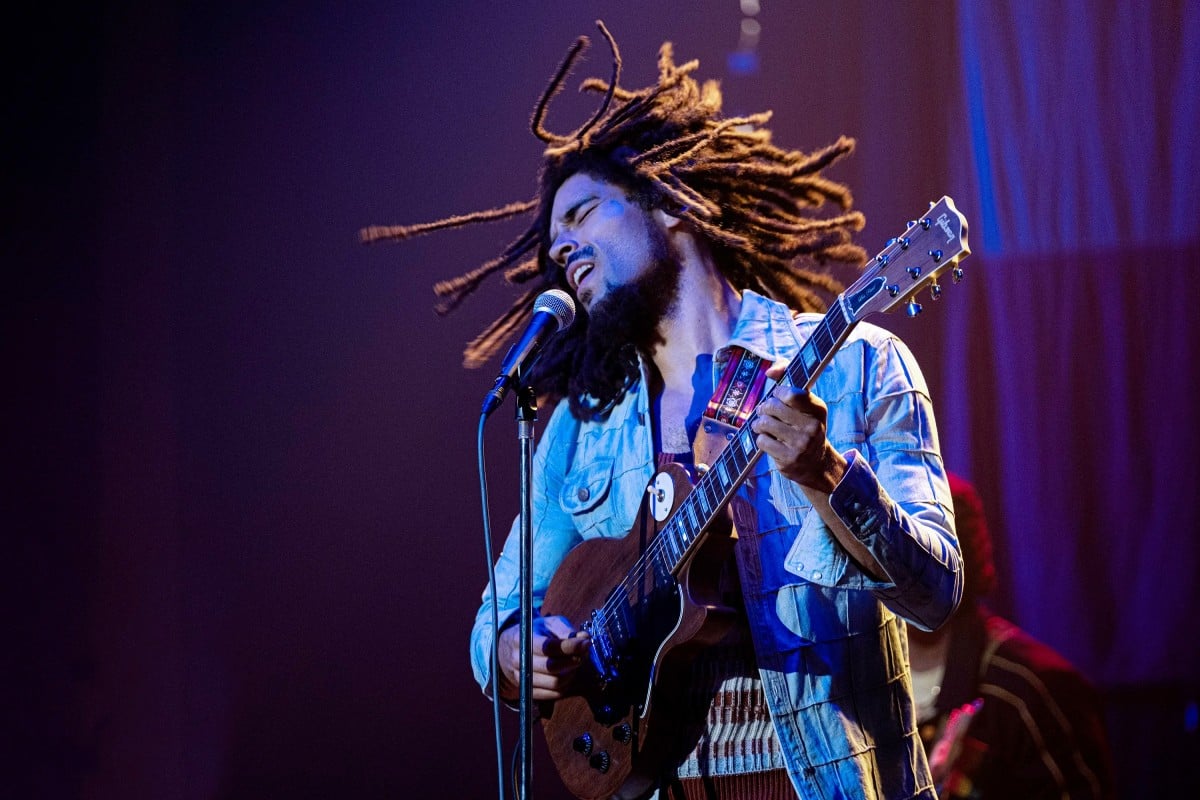The True Meaning Behind Bob Marley’s Song ‘One Love’

The release of Paramount Pictures’ biopic Bob Marley: One Love has ratcheted up the tempo of critique directed at the song One Love/People Get Ready. It is frequently put down for being a kumbaya plea to ‘get together and feel alright’ just because, or a call for interracial unity, or worse, a sell-out to oppressors.
One Love first appeared in 1965 as a ska/rocksteady number on The Wailers’ debut album, The Wailing Wailers. One Love/People Get Ready , the 1977 Exodus version, which slowed the tempo and embraced a richer Reggae sound, featured the dual title for interpolated lyrics taken from The Impressions’ People Get Ready (1965). Hence the songwriting credit shared with Curtis Mayfield, who penned many anthems in the Civil Rights Movement era rooted in the tradition of “negro spirituals.” The ethos of spirituals was the appeal to faith in a higher power, reflected in the notion that “Faith is the key, Open the doors and board them,” as stated in People Get Ready.
On the other hand, it is the Rastafari Movement and not the Civil Rights Movement that is the driving force behind Reggae and the works of Bob Marley. The message of One Love is based on courage and resistance in pursuit of social justice, hence the call to “Let’s get together to fight this holy Armageddon… there ain’t no hiding place from the father of creation,” taking aim at “the hopeless sinners who have hurt all mankind just to save his own.”
These lyrics are equal to the notion that until white supremacy ends, there will be war (Armageddon) expressed in the Haile Selassie-inspired War, making One Love a call to arms and nothing less.
A Fourth Bite of the Mango.
It is said that a prophet is never honored in his own land but we have been fortunate to have been alerted to the potency of this music by the international community on multiple occasions.
In 1999, BBC declared One Love “the anthem of the millennium,” while in 2007, the Recording Academy inducted the original song into the Grammy Hall of Fame, an honor reserved for recordings with lasting cultural and historical significance. However, not many leaned into the message.
No one can deny that Bob Marley (and One Love) played a huge role in the worldwide recognition of Reggae, and in 2018 UNESCO declared the genre an intangible cultural heritage of humanity. Some applauded this inscription, while others questioned the motive for the acknowledgment. But few internalized the call and acted on it.
The titling of the movie Bob Marley: One Love marks a fourth international initiative that calls attention to the uprightness of the Rastafari movement and the potency of the Reggae anthems it has inspired.

Many Are Called; Few Will Choose
The Book counsels that many are called, but few are chosen. It is also the case that while many are called to serve, few will choose to answer the call to duty. For half a century and counting, One Love has been calling, but with the widespread misunderstanding of the anthem, few have chosen to answer the call.
One who has answered is Reggae Ambassador William Stewart, whose Embrace Music Foundation will display the influence of African rhythms on Western music at the 11th staging of Rhythms of Africa on March 16 and 17 in Miramar, South Florida. Meanwhile, One Love remains an open call to duty as the holy Armageddon rages on.
Carlyle McKetty is a musician and co-founder and president of Coalition to Preserve Reggae Music, Inc.
